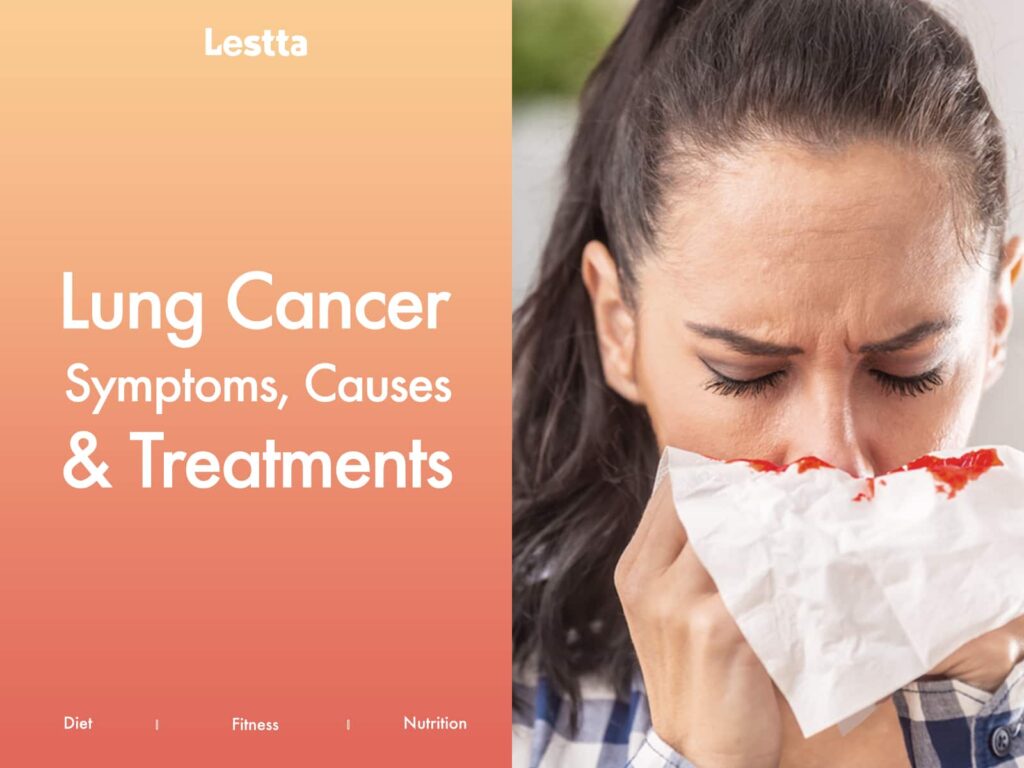Lung Cancer: Symptoms, Causes & Treatments

Lung cancer is a significant global health concern with serious implications. In this article, we delve into the essential aspects of this disease, including its symptoms, causes, and available treatment options.
Symptoms
Recognizing the symptoms of lung cancer is crucial for early detection. Common signs include persistent cough, chest pain, shortness of breath, hoarseness, unexplained weight loss, and coughing up blood.
However, it’s important to note that some individuals may not experience any noticeable symptoms in the early stages of the disease. Regular medical check-ups and screenings are essential for individuals at risk, such as smokers and those with a family history.
Causes and Risk Factors
The leading cause of lung cancer is tobacco smoke, including both active and passive smoking. Exposure to environmental pollutants, such as asbestos, radon, and certain chemicals, also increases the risk.
Additionally, genetic factors and a family history of lung cancer can contribute to susceptibility. It is crucial to prioritize smoking cessation and limit exposure to harmful substances to reduce the risk of developing lung cancer.
Treatment Options
The treatment depends on several factors, including the cancer stage, type, and the overall health of the patient. Common treatment modalities include surgery, chemotherapy, radiation therapy, targeted therapy, and immunotherapy.
The choice of treatment may involve a combination of these approaches, and a multidisciplinary team of healthcare professionals works together to develop an individualized treatment plan. Early-stage lung cancers are often treated with surgery, while advanced-stage cases may require a combination of chemotherapy, targeted therapy, and immunotherapy.
Conclusion
It is a complex and serious disease that demands our attention. By recognizing the symptoms, understanding the causes, and exploring the available treatment options, we can enhance early detection and improve patient outcomes.
You must all know that raising awareness, advocating for preventive measures, and supporting ongoing research efforts are essential in the fight against lung cancer.









